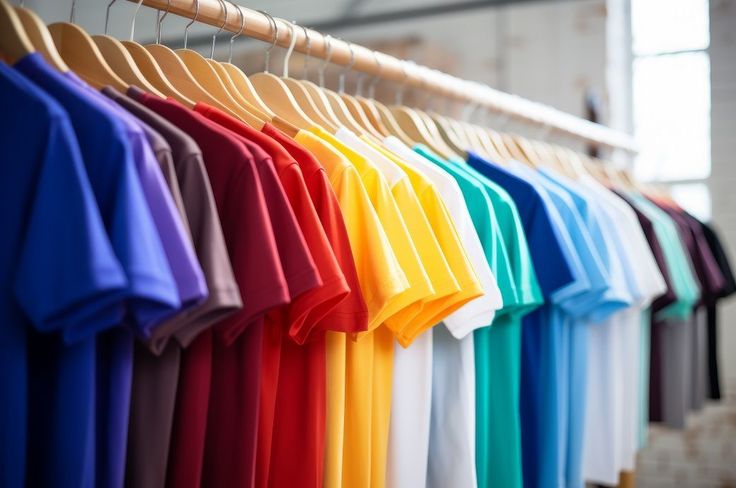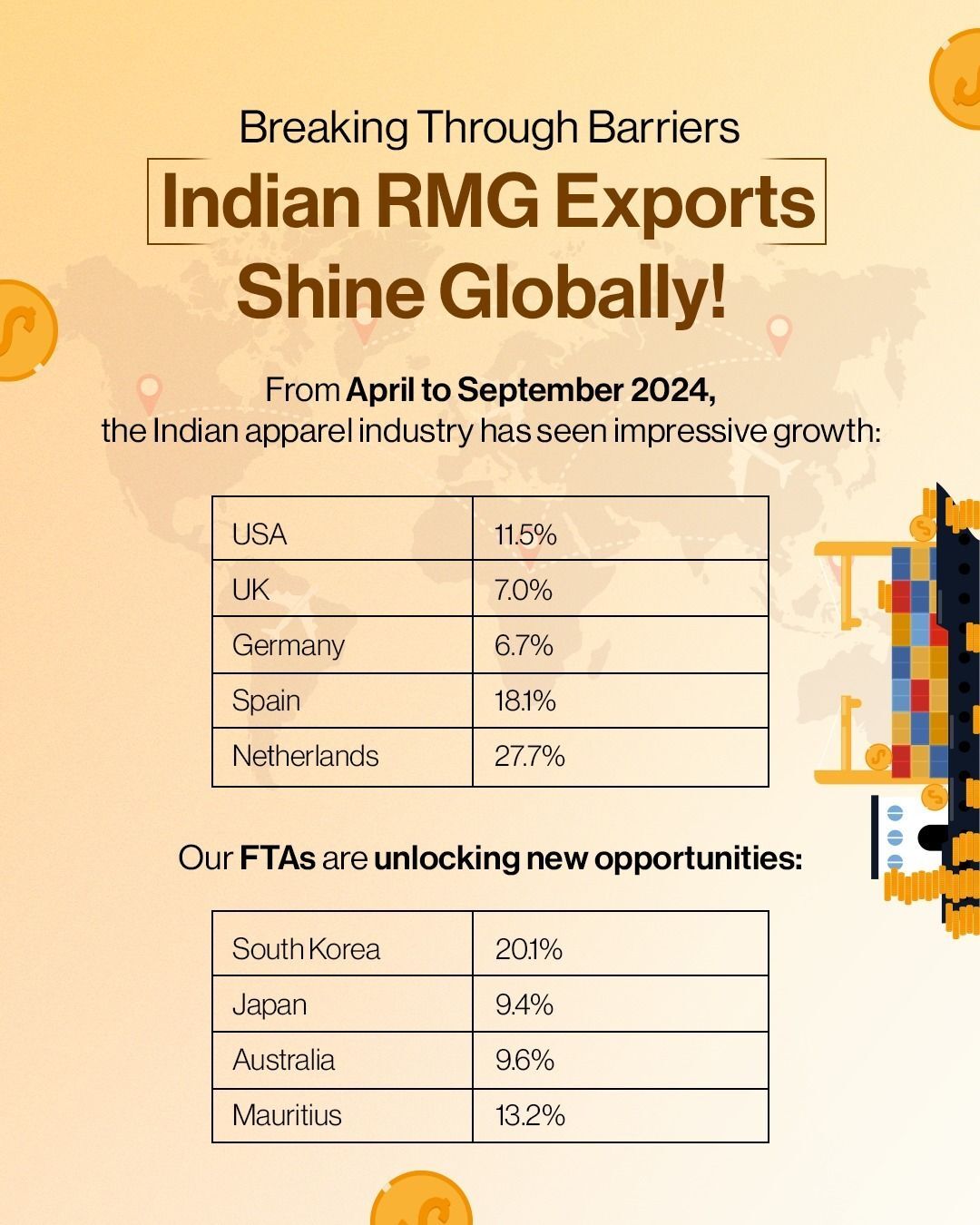In his speech to inaugurate Bharat Tex 2024, Prime Minister Narendra Modi underscored the government's dual focus on skill and scale in the Indian textile industry. He highlighted the expansion of the National Institute of Fashion Technology (NIFT) institutes to 19 across the country, indicating a commitment to enhancing skills within the sector.
Moreover, PM Modi emphasised the importance of connecting local weavers and artisans with NIFTs through specialised training programs aimed at integrating new technologies into their craft. He said, the Samarth Scheme has provided capacity building and skill development training to over 2.5 lakh individuals, with a significant number of women participating and finding placements in the industry.
PM Modi also emphasised on the importance of balancing technology and mechanisation with the uniqueness and authenticity inherent in Indian textiles. He noted, India has the required capacity to meet both demand with the country's tradition of producing artisanal products with distinctive features aligning with evolving fashion trends.
India's increasing prominence as a producer of cotton, jute, and silk combined with the government support for cotton farmers and the introduction of initiatives like Kasturi Cotton, will bolster India's brand value globally, the PM Modi noted. He also addressed measures for the jute and silk sectors, as well as the emerging opportunities in technical textiles, including the National Technical Textiles Mission and the potential for startups in this domain.
Additionally, PM Modi underscored the significant employment potential of the textile industry, particularly for rural populations and women. He noted that a significant portion of apparel makers and handloom weavers are women, highlighting the sector's role in empowering women and driving rural development.
Finally, PM Modi acknowledged the strides made in promoting Khadi as a catalyst for development and employment over the past decade, attributing its success to welfare schemes and infrastructure investments that have also benefited the broader textile sector.












